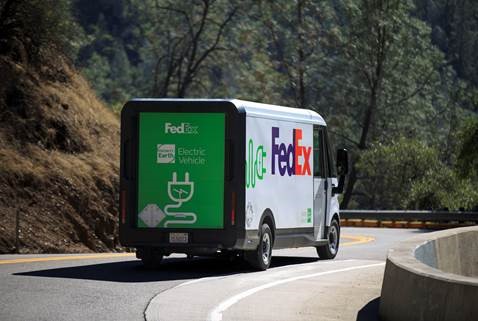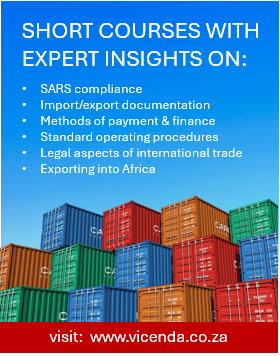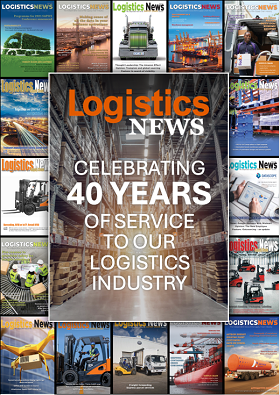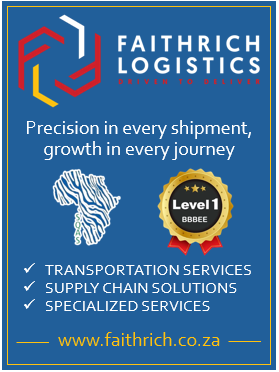South Africa’s commitment to infrastructure investment is set to reshape the country’s transport and logistics sector, driving economic growth, trade efficiency and business expansion. While the 2025 National Budget 3.0 has yet to be delivered, the government’s previously outlined commitment towards significant public infrastructure development over the coming years will enable a more resilient and competitive market.

Gregory Saffy, Managing Director for Sub-Saharan Africa Operations at FedEx, emphasises the importance of these developments: “This commitment will be a pivotal step toward enhancing the efficiency of goods and services moving across the country. Hopefully, this investment will translate into more reliable and expedited transit times, allowing us to continue offering superior services to customers. Upgrades to roads, railways, ports, and airports will facilitate smoother domestic and international trade, aligning with our mission to provide efficient and dependable logistics solutions.”
Closing infrastructure gaps to unlock economic potential
Despite having some of the best transport infrastructure on the continent, South Africa continues to face challenges such as inadequate maintenance and underinvestment. These issues contribute to congested ports, unreliable rail services, and deteriorating roads, all of which hinder trade efficiency and deter investment.
“Infrastructure deficiencies ultimately stifle economic development,” notes Saffy. “Addressing these issues is essential to reducing the cost of doing business, improving service reliability, and positioning South Africa as a key trade hub within Africa and beyond.”
Reducing business costs and supporting Small and Medium Enterprises (SMEs)
Poor infrastructure significantly increases operational expenses for businesses due to delays, heightened fuel consumption, and increased maintenance costs. In contrast, well-maintained transport networks lower logistics costs, benefiting businesses of all sizes but particularly SMEs looking to expand their market reach. “Enhanced infrastructure provides SMEs with reliable and cost-effective access to markets, suppliers, and customers. Improved transport and logistics networks enable timely deliveries and open opportunities for expansion.” Saffy explains. FedEx tries to bridge these gaps through innovations like FedEx® International Connect Plus (FICP), a service designed to offer cost-effective and speedy delivery solutions that enable South African e-tailers to better meet customer demands.
Expanding market access and facilitating trade
While across the world, uncertainty around how global trade might look in future prevails, infrastructure improvements will certainly support in increasing market access, says Saffy. Beyond physical infrastructure, technological advancements are also driving efficiency in logistics and trade. “Digital infrastructure investments will strengthen customs operations and streamline supply chains. Infrastructure investment is key to ensuring that South Africa remains a competitive player in global trade,” he concludes.







